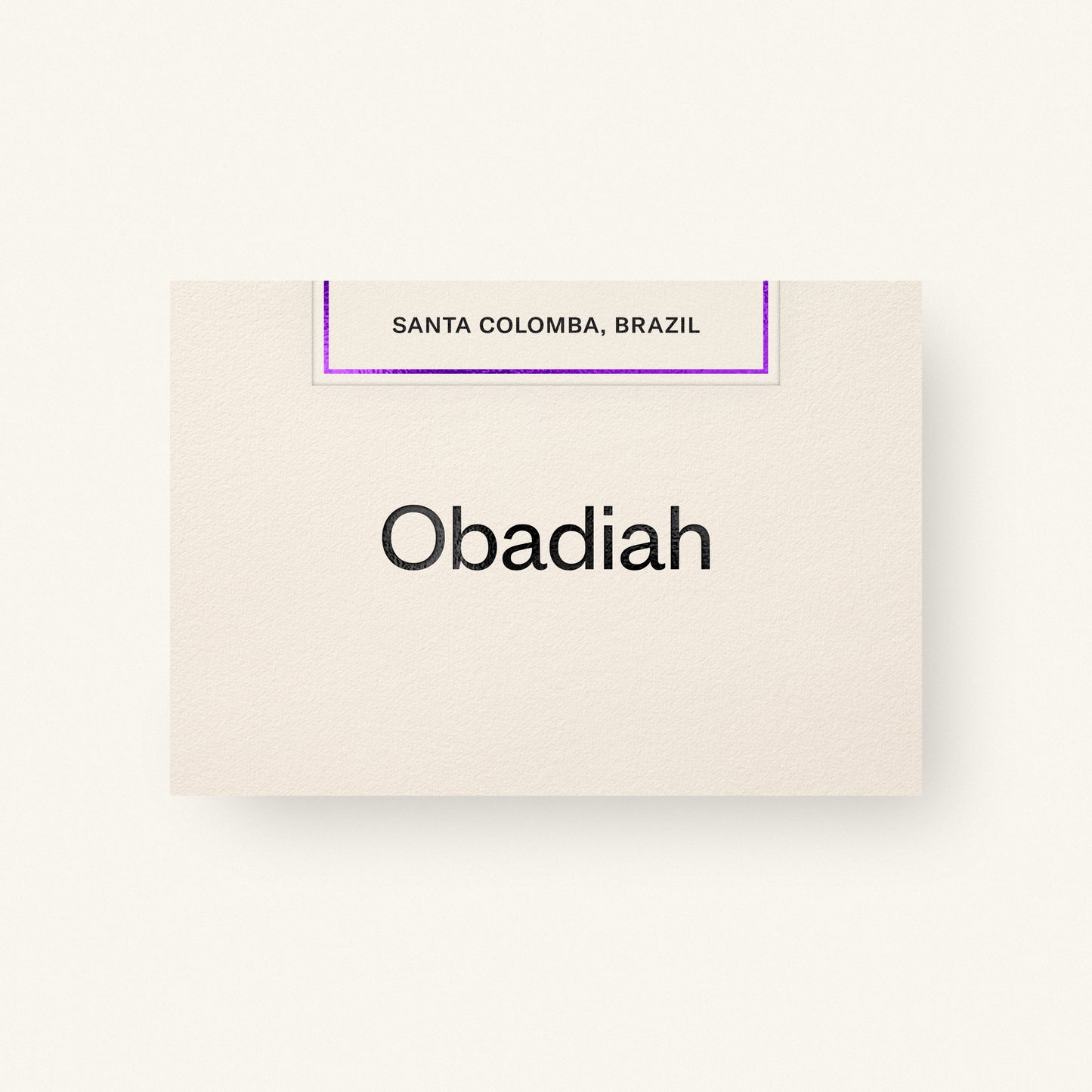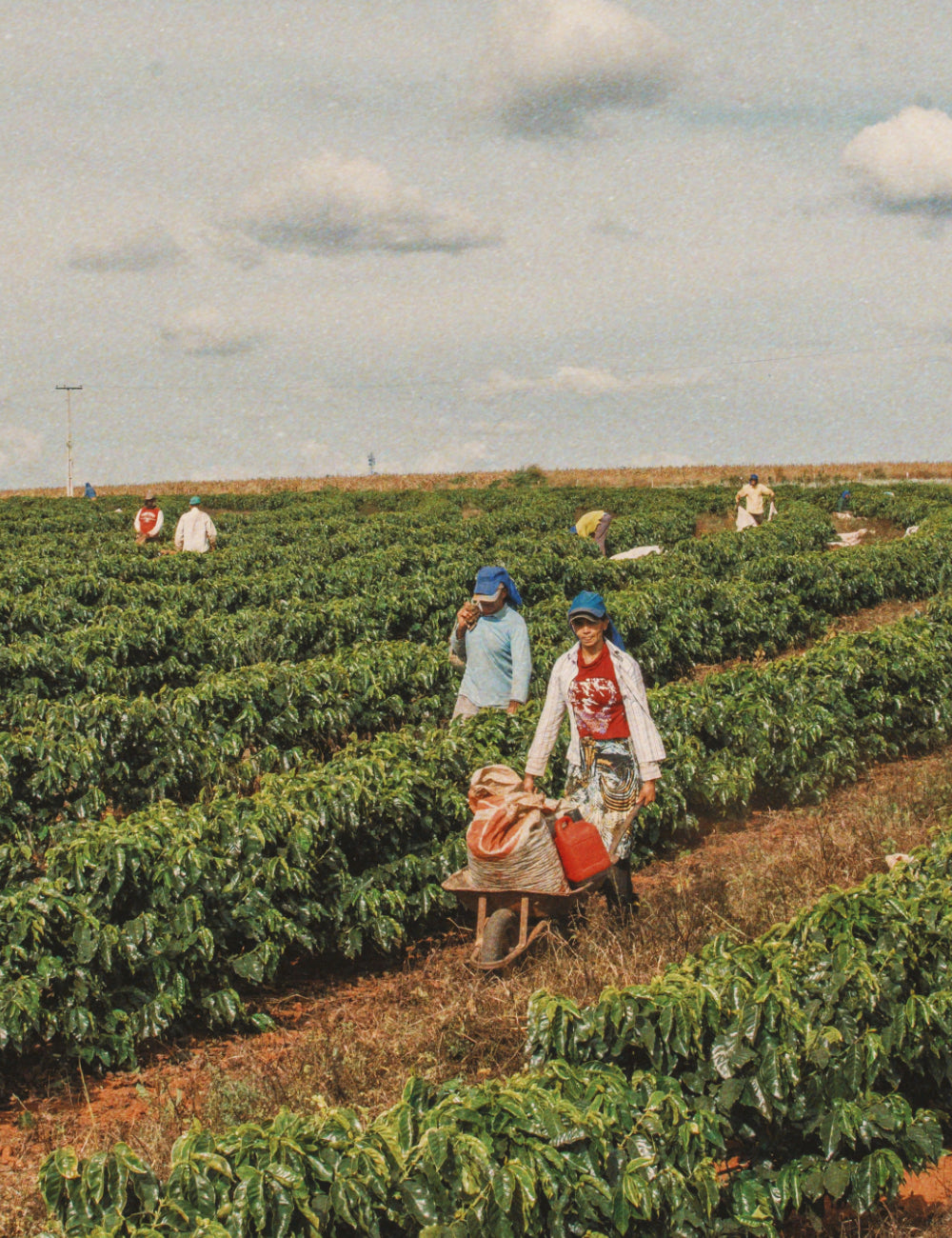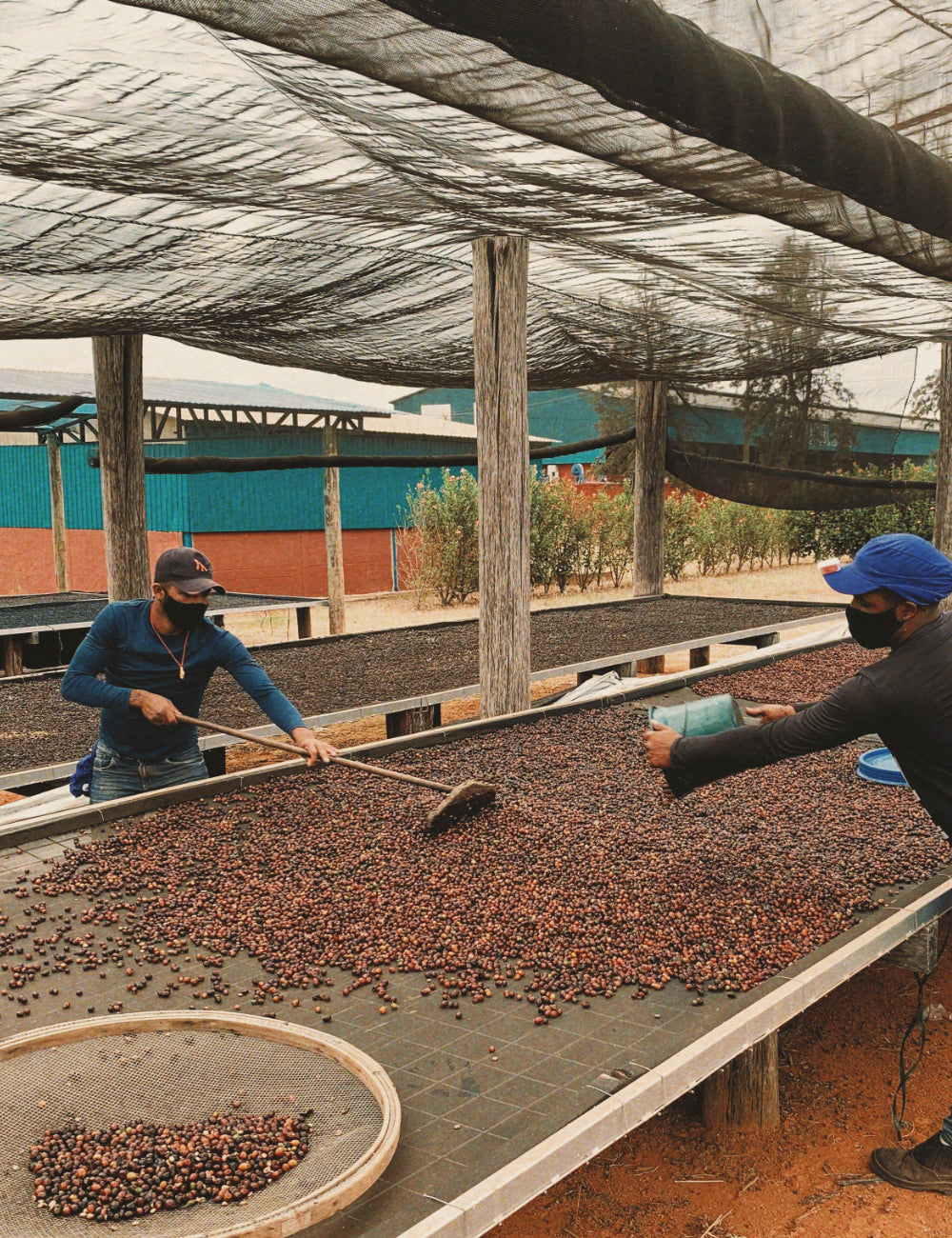Santa Colomba
Santa Colomba
Innovative farming practices fostering quality and environmental stewardship: ripe fruits & mellow citrus acidity.
Regular price
£15.50
Regular price
Sale price
£15.50
Unit price
per
Couldn't load pickup availability
Character
Character
Layered, creamy and bodied.
Brewing
Brewing
Recommended for all brewing methods.
Resting
Resting
We recommend resting our coffee inside its sealed bag for a minimum of 21 days to enjoy the best results.


The Pascoal Family.

The Producer

